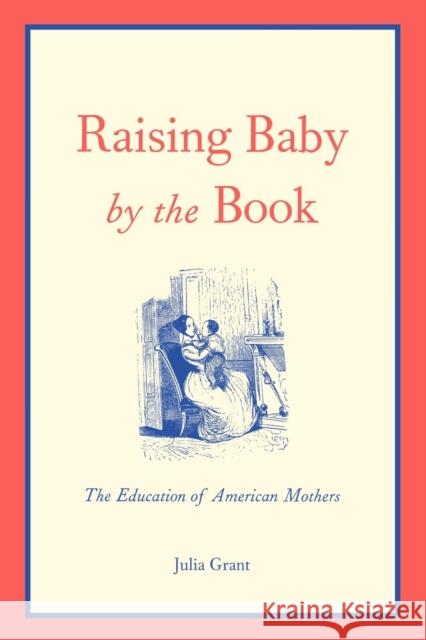Raising Baby by the Book: The Education of American Mothers » książka
Raising Baby by the Book: The Education of American Mothers
ISBN-13: 9780300195484 / Angielski / Miękka / 1998 / 320 str.
Although most nineteenth-century American parents relied staunchly on common sense in raising their children, by the 1920s parents were being urged to adopt a scientific approach to child rearing. Today, American parents are besieged with medical and psychological advice about bringing up "normal" children. In this survey of the education of American mothers, Julia Grant shows how the tides of opinion about proper child care have shifted from the early 1800s, when maternal associations discussed biblical and secular theories of child rearing, through the 1950s, when books like Spock's Baby and Child Care were widely consulted, to today's television advice-givers.
Drawing on a wide range of historical sources--from letters written to child-rearing experts to the minutes of mothers' study clubs--Grant provides access to the voices of mothers from diverse class and ethnic backgrounds, revealing the impact of "expert" advice on maternal thinking and practices. Grant's review of child-rearing literature extends from Locke and Rousseau to Gesell, Ilg and Ames, Spock, Brazelton, Leach, and Elkind. She describes the "medicalization" of mothering, ongoing negotiations between mothers and professionals, and women's reactions to the experts' recommendations. As mothers have increasingly sought assistance in the complex enterprise of raising children, Grant finds, they have become discriminating consumers of professional advice--choosing to follow it, ignore it, or adapt it to their individual circumstances.











